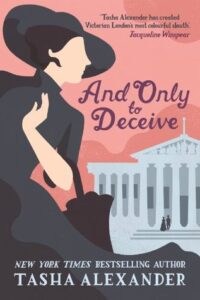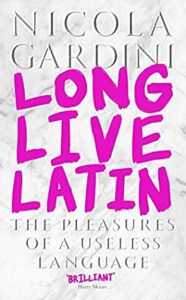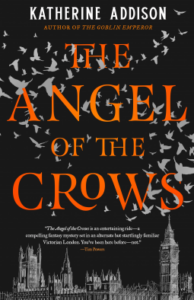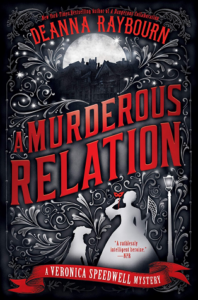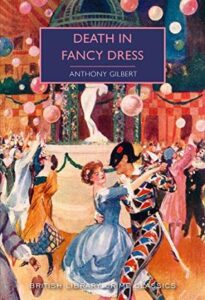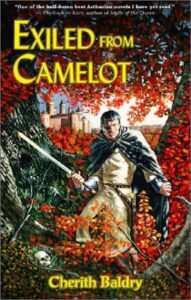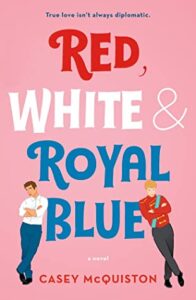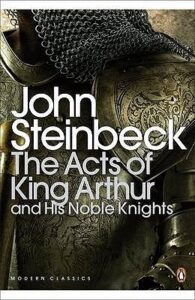 The Acts of King Arthur and his Noble Knights, John Steinbeck
The Acts of King Arthur and his Noble Knights, John Steinbeck
I remembered this book very, very fondly — I remember stumbling upon it and being so surprised that Steinbeck had written anything about King Arthur. I made use of it when writing my dissertation to discuss his portrayal of Sir Kay, which is sympathetic and tries to explain some of why Kay could both be a bold knight who earned his place at the table and an apparent coward who couldn’t hold his own against anyone. I also remember finding it one of the few versions of Lancelot and Guinevere which felt real to me.
Overall, I didn’t feel as positively this time. Much of the first part is a fairly straight rewrite of Malory, without working in too much more detail (though there is some lovely stuff here and there). The last two tales do start to bring more detail and sometimes a real sense of pathos to the stories, and they are worth a read… but if you’re familiar with Arthurian stories, much of this will seem pretty flat.
I do still think the portrayal of Kay is good, but I was less convinced by Lancelot and Guinevere somehow. The spark between them did feel real — there’s a very powerful description of the sudden desire they feel — but there was no build-up. Guinevere seemed almost motherly to him before, and then all of a sudden, poof! They’ve gone up like straw.
That’s partly the source material and not Steinbeck’s fault, but he did manage to be so sensitive and willing to adapt things where necessary at other points in the book. Maybe he’d have made more of it if he’d finished the work — it’s worth remembering that this isn’t a completed novel or anything of the kind.

